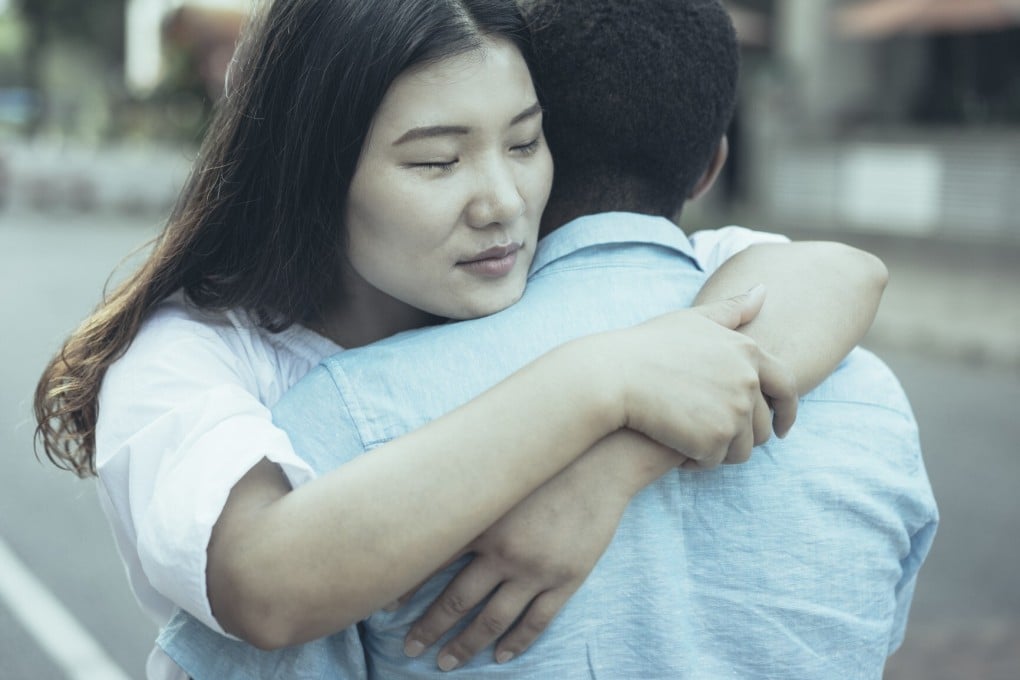The Naked Truth | How to ask for and offer forgiveness, and why it makes you and your relationship stronger
- It’s not easy to forgive your partner, but if you manage it, you will strengthen your relationship
- These tips for asking for or giving forgiveness will help you get over the pain you’ve suffered

Forgiveness can be described as the ultimate form of love, as it tests the depth and strength of a couple’s feelings. It can be likened to a form of art that could take someone a lifetime to master, one that we never stop learning.
It is an expression of unconditional love, without which it would be hard for couples to weather any storm or overcome obstacles in their relationships. Being forgiving doesn’t mean we are weak. On the contrary, it shows our strength and makes us even stronger.
If we learn how to forgive, it will prevent us from feeling suffocated or stuck when relationship problems strike. Forgiveness helps us heal, grow, or even transform in a relationship.
Furthermore, when we forgive, it doesn’t mean we are condoning the wrong that has been done, it just allows us to learn to understand, and let both parties heal and reconcile if possible and then push the reset button for the relationship.

Certified relationship and intimacy coach Nathalie Sommer says forgiveness is one of the most important aspects of a relationship. She also says: “It can also be one of the hardest things to do in a relationship. But if we want a successful intimate relationship, we need to learn how to forgive.
